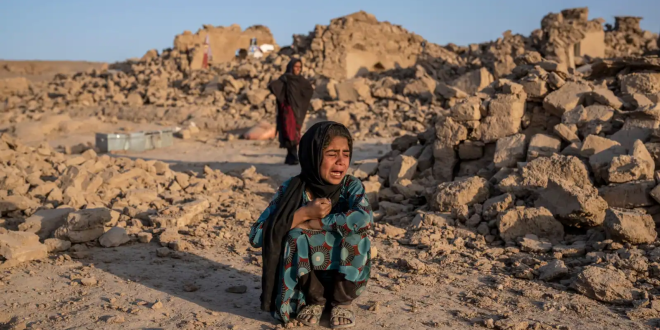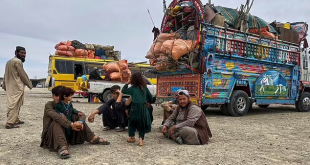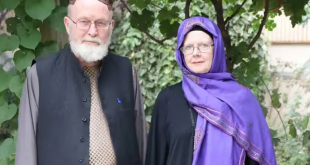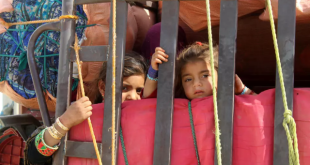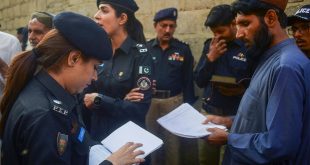AT News
KABUL – The United Nations is urging increased humanitarian aid for tens of thousands of children in western Afghanistan facing life-threatening winter conditions after a series of devastating earthquakes last October.
UNICEF sounded the alarm 100 days after earthquakes struck the Herat region, leading to over 1,000 casualties, primarily women and children, and the destruction of 21,000 homes. Many families still endure harsh conditions, living in tents or out in the open, as the bitter cold persists.
Fran Equiza, UNICEF’s country chief, highlighted the lingering impact of the earthquakes on children, with schools and health centers either severely damaged or completely destroyed. The harsh winter exacerbates the situation, threatening lives and impeding reconstruction efforts. “Children and families without homes live in life-threatening conditions at night, with no way to heat their temporary shelters,” warned Equiza.
In the 100 days since the initial emergency response, UNICEF has converted tented health facilities into more permanent structures, treated thousands of affected people, and provided clean water to nearly 19,000 individuals in Herat. Plans are underway to distribute cash assistance to help families cover basic needs during the winter. UNICEF has established numerous facilities to support children, ensuring basic education for several thousand, with a particular focus on girls.
Despite these efforts, Equiza expressed concern for the survival of 96,000 children affected by the earthquakes, emphasizing the need for continued support. “UNICEF is concerned about the survival of 96,000 children affected by the earthquakes if we are not able to provide the services they need to recover,” Equiza warned. The U.N. estimates that at least 23 million people in Afghanistan, half of them children, require humanitarian aid due to the lingering impacts of conflict, extreme climate shocks, and economic decline.
The return of the Taliban to power in August 2021 led Western nations to halt development aid, creating economic upheavals marked by high unemployment and a fragile recovery. Additionally, Taliban-imposed restrictions on women’s access to education and work have further undermined humanitarian activities across the country. The situation remains critical, requiring sustained international support to ensure the well-being of Afghan children and families.
 Afghanistan Times
Afghanistan Times
